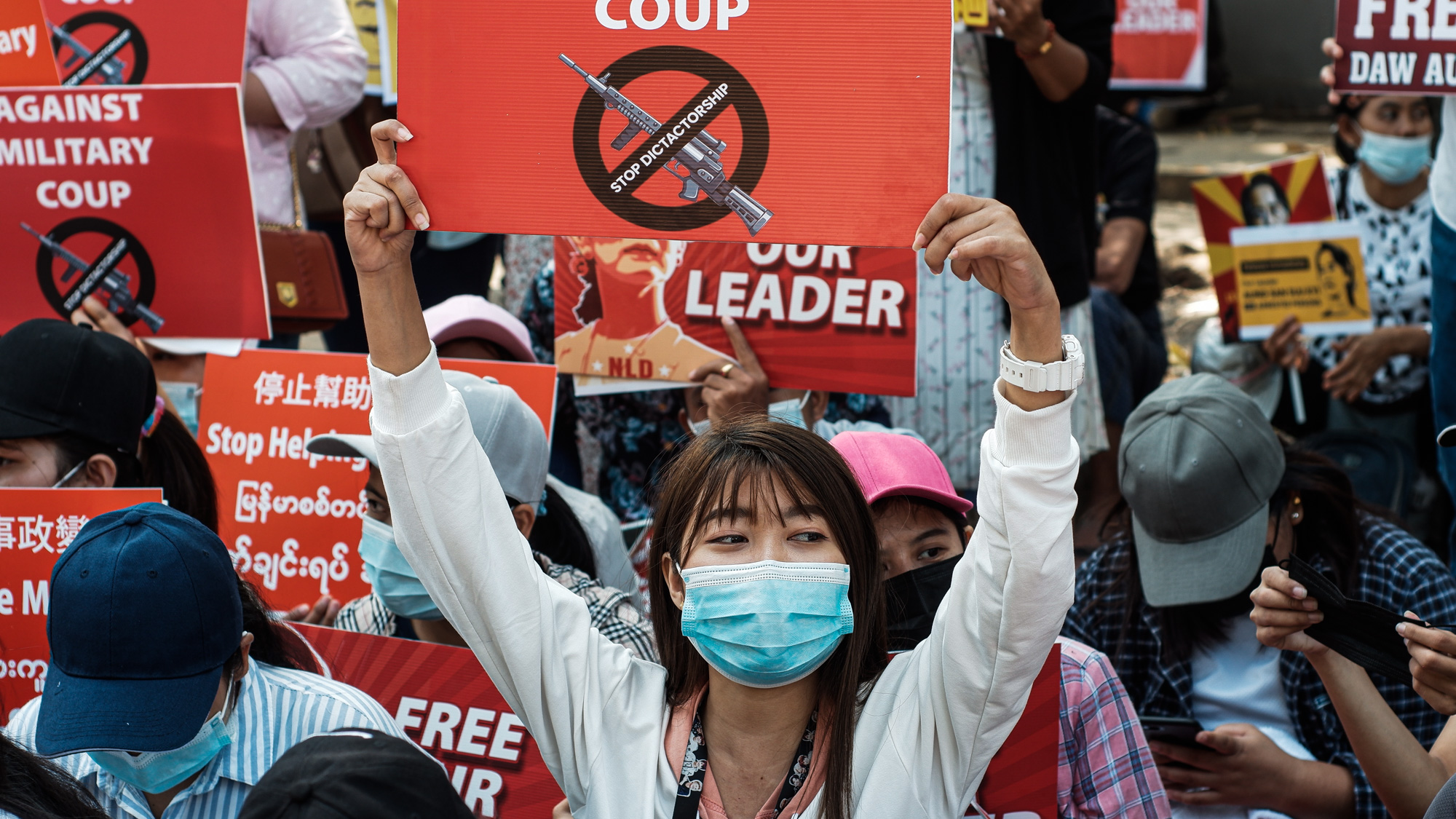The Myanmar military government must urgently reverse recent amendments to the Legal Aid Act that place impermissible restrictions on legal defense for detainees, particularly for those detained on criminal charges, and already vulnerable people such as stateless people, asylum seekers, and migrants, said the ICJ today.
The ICJ stressed that military regime was unlawfully assuming legislative powers it did not possess, in defiance of the core principle of separation of powers.
“The Myanmar military has usurped power illegally and now it is improperly changing the laws to make it even more difficult to get legal aid necessary to defend the rights of thousands of people facing arbitrary arrest and detention,” said Sam Zarifi, ICJ’s Secretary General.
In May 2021, the military regime made key amendments to the 2016 Legal Aid Law, formally entitled The Pyidaungsu Hluttaw Law No. 10, 2016, The 9th Waning Day of Pyartho, 1377, M.E.
The new amendment removes legal aid services at least during pre-trial detention, a critical phase when detainees are particularly at risk of arbitrary detention, torture and ill-treatment and other forms of coercion and tampering with evidence.
The amendments to Section 2(b) prevent all persons from certain vulnerable groups from receiving legal aid, including but not limited to stateless persons, asylum seekers, foreigners, migrant workers.
“These amendments will prevent legal aid for precisely the people who need it most, those facing criminal charges and those from marginalized groups, at precisely the time they need it most, during the pretrial detention when their rights are most at risk,” Zarifi said.
All reference to international standards have been removed as per Section 3(b), thus leaving the terms unbound by normative requirements and restrictions and more vulnerable to be subjected to arbitrary decisions of the Government. The revocation of 3(e) means that the fair standards and procedures concerning how long victims can be arrested and kept in custody do not have to be adhered to.
“In the context of Myanmar, where those pro-bono lawyers and organizations representing detainees continue to face threats, intimidation, abduction and arrest warrants, the possibility of getting legal defense through the legal aid system is critically important to provide access to justice to those thousands of detainees to ensure their right to equality before the law, the right to legal counsel and the right to a fair trial,” Zarifi said.
The United Nations Principles and Guidelines on Access to Legal Aid in Criminal Justice System requires all States to guarantee the right to legal aid in their national legal systems, without discrimination on any grounds.
The latest amendments have removed all independence of the legal aid bodies, and instead given full control to the Supreme Court, supported by the Cabinet—both bodies dominated by the military.
“With a number of lawyers being arbitrarily detained in recent days, these new amendments are another threat tactic by the military, to ensure that those are arrested and detained do not get a fair trial,” Zarifi added.
Contact
Osama Motiwala, ICJ Asia-Pacific Communications Officer, t: +66-62-702-6369 e: osama.motiwala(a)icj.org




